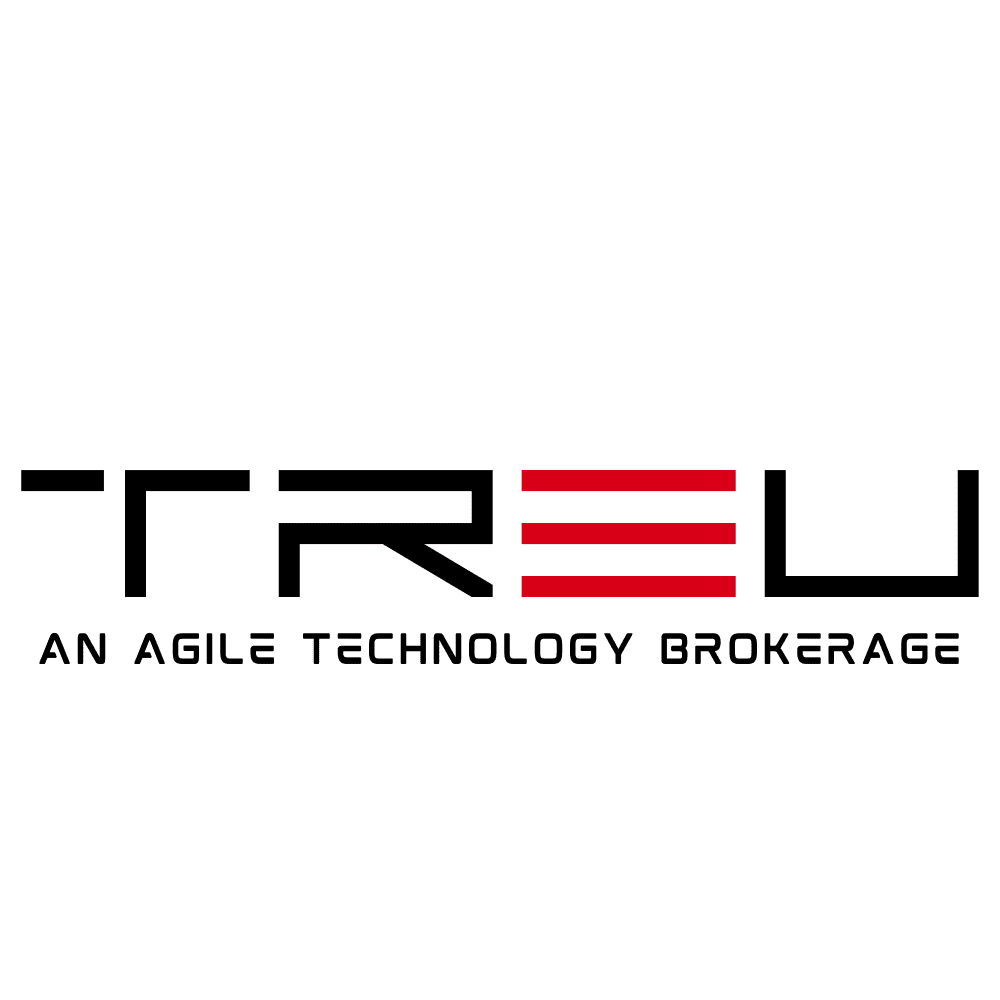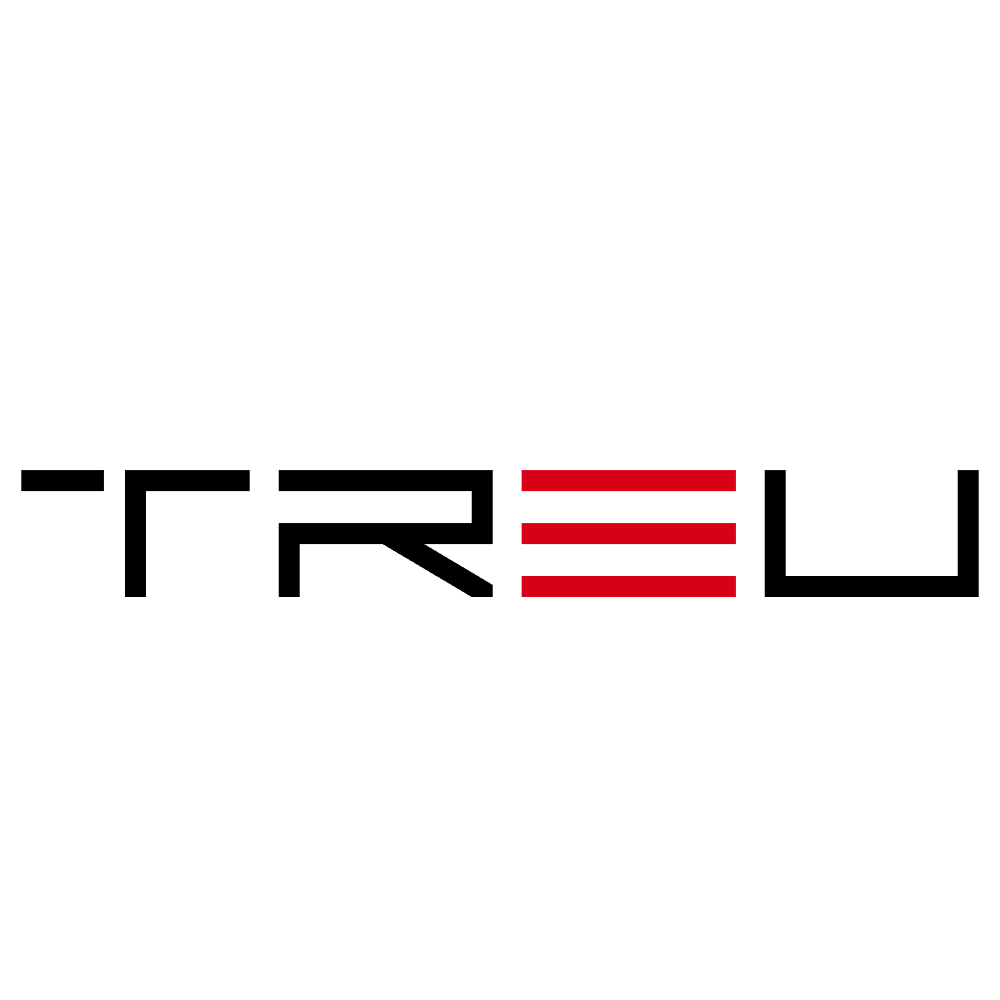AI in 2025: Agents Driving Innovation and Business Transformation
The landscape of artificial intelligence (AI) is evolving rapidly, and by 2025, AI agents will stand at the forefront of business strategy and innovation. Drawing insights from McKinsey’s latest findings on the state of AI, it’s clear that organizations worldwide are accelerating investments in AI and shifting from experimentation to real business outcomes. AI is no longer a futuristic concept—it’s today’s most transformative business tool.
The New Era of AI: From Tools to Intelligent Agents
Historically, AI was primarily used as an analytical tool, but in 2025, we’re witnessing a transition: AI systems are advancing into autonomous intelligent agents capable of making decisions, automating workflows, and driving real-time customer interactions. These AI agents differ in that they can act independently based on contextual understanding and real-time data. Businesses are leveraging them across functions—from marketing and sales to R&D and operations.
According to McKinsey’s findings, a few patterns indicate how businesses are transforming their approach with AI:
- Companies deploying multiple AI tools across functions saw up to 20% revenue growth on average.
- Organizations with mature AI practices developed AI governance and risk frameworks to secure enterprise-wide adoption.
- Generative AI (GenAI) is a key catalyst, with over 40% of surveyed companies already piloting or deploying GenAI tools.
AI Investment is No Longer Optional
By 2025, AI is a required strategic investment. Businesses across all sectors, including financial services, retail, manufacturing, and healthcare, are embedding AI across business operations. McKinsey reports that businesses expect to double their AI-related budgets in the next three years, with a significant portion dedicated to GenAI solutions like language models, natural language processing (NLP), and recommendation systems.
Some of the top areas receiving AI investment include:
- Customer Experience Optimization – Tailoring digital interfaces in real-time using conversational AI
- Sales and Marketing Automation – Leveraging AI agents to qualify leads, design content, and personalize communications
- Predictive Maintenance – Using sensor data and machine learning to foresee equipment failures before they occur
- Supply Chain Optimization – AI systems driving logistics analytics, dynamic routing, and real-time demand forecasting
The Rise of AI Agents in Business Workflows
One of the most groundbreaking developments in AI by 2025 is the rise of autonomous AI agents. Unlike traditional automation scripts or rule-based systems, these AI agents can understand goals, plan tasks, and execute decisions with minimal human input. They are reshaping human-machine collaboration and eliminating friction in routine operations.
What Makes AI Agents So Powerful?
AI agents in 2025 are built on a hybrid foundation of large language models and reinforcement learning. This allows them to:
- Interpret natural language commands and even ambiguous human instructions
- React autonomously to changing environments and real-time data
- Self-learn and retrain from outcomes and new scenarios
- Integrate across systems—from CRM to ERP to cloud data lakes
These capabilities mean that AI agents are not just assistants—they’re co-pilots for business leaders in decision-making and innovation.
GenAI: The Cornerstone of Creativity and Efficiency
2023 marked the mainstream arrival of generative AI, and by 2025, GenAI will become mission-critical to both creative and technical processes. Businesses are leveraging GenAI to write code, design campaigns, generate product ideas, and create synthetic data for simulations. For instance, companies in pharma are now using GenAI to discover new drug pathways faster, while manufacturers use it to simulate digital twins of production lines.
According to McKinsey, GenAI could unlock $2.6 – $4.4 trillion in annual economic value across industries. That’s largely due to its potential to:
- Automate 60-70% of tasks in some departments like marketing, legal, and customer support
- Enhance human productivity by offering AI-augmented tools across writing, coding, and designing
- Reduce time-to-market for products and services by accelerating innovation cycles
AI Governance: Building Trust With Regulation and Responsibility
With great power comes great responsibility. As AI scales across enterprises, leaders are taking AI governance seriously. By 2025, successful organizations have built centralized AI Centers of Excellence (CoEs) and deployed governance systems to monitor performance, risk, and ethical use of AI agents.
Companies are proactively addressing concerns around:
- Bias and fairness in training datasets
- Model explainability and transparency
- Data privacy and compliance with regulations like GDPR and future global AI laws
- Human-in-the-loop oversight to manage sensitive decisions
This governance framework not only ensures risk mitigation but fosters trust among customers, regulators, and business partners.
Building AI-First Teams and Talent Pipelines
Another insight from the McKinsey report is the growing demand for human talent with AI fluency. In 2025, AI is not a function—it’s a core business capability. Organizations are reskilling their workforce and creating hybrid roles where domain experts work closely with AI systems.
The most successful companies:
- Upskill non-technical employees to interact with AI tools through no-code or low-code platforms
- Recruit AI specialists like prompt engineers, machine learning engineers, and AI product managers
- Foster collaboration between data science, software engineering, and business units
These hybrid teams are essential to building, deploying, and scaling AI solutions that align with strategic goals.
Key Takeaways: AI as a Catalyst for Competitive Advantage
AI in 2025 represents a paradigm shift. It’s not just about efficiencies—it’s about fundamentally changing how businesses grow, operate, and compete. AI agents and GenAI models are becoming indispensable strategic partners that enhance decision-making, drive automation, and spark innovation.
As you look to the future, consider how your business can stay ahead by:
- Embedding AI across business functions—from product ideation to customer support
- Scaling adoption with clear AI governance frameworks
- Investing in hybrid talent models to integrate AI with human expertise
- Continuously innovating with generative tools and real-time AI agents
2025 is not the future. It’s now. Businesses that embrace AI agents, responsibly and at scale, will set themselves apart in a tech-driven world that rewards intelligence, speed, and agility.

